Stomach, Small Intestine, Large Intestine
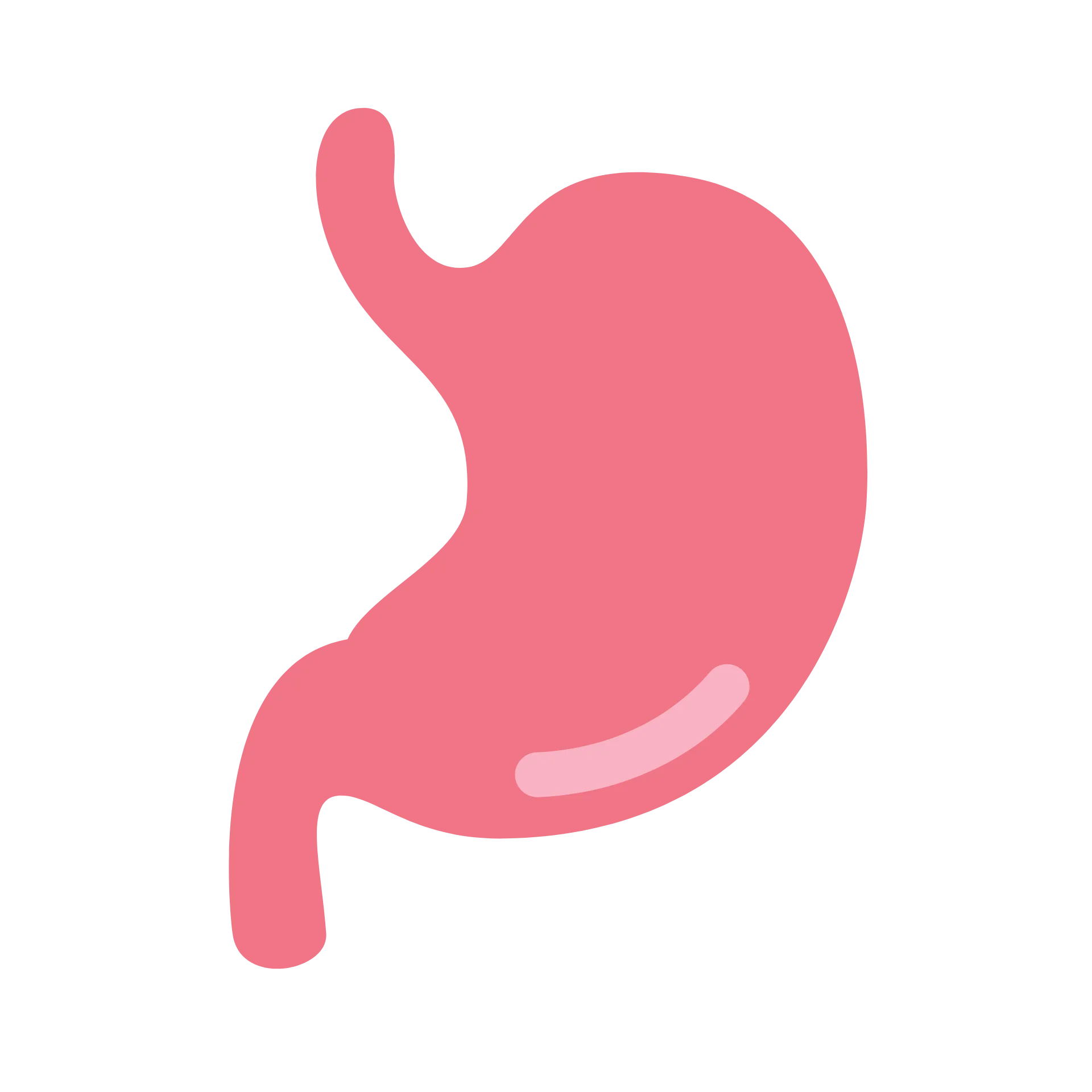
Stomach
Your stomach holds all the food you consume and contains acids that help break down and digest it. Cancer in the stomach is also commonly referred to as gastric cancer.
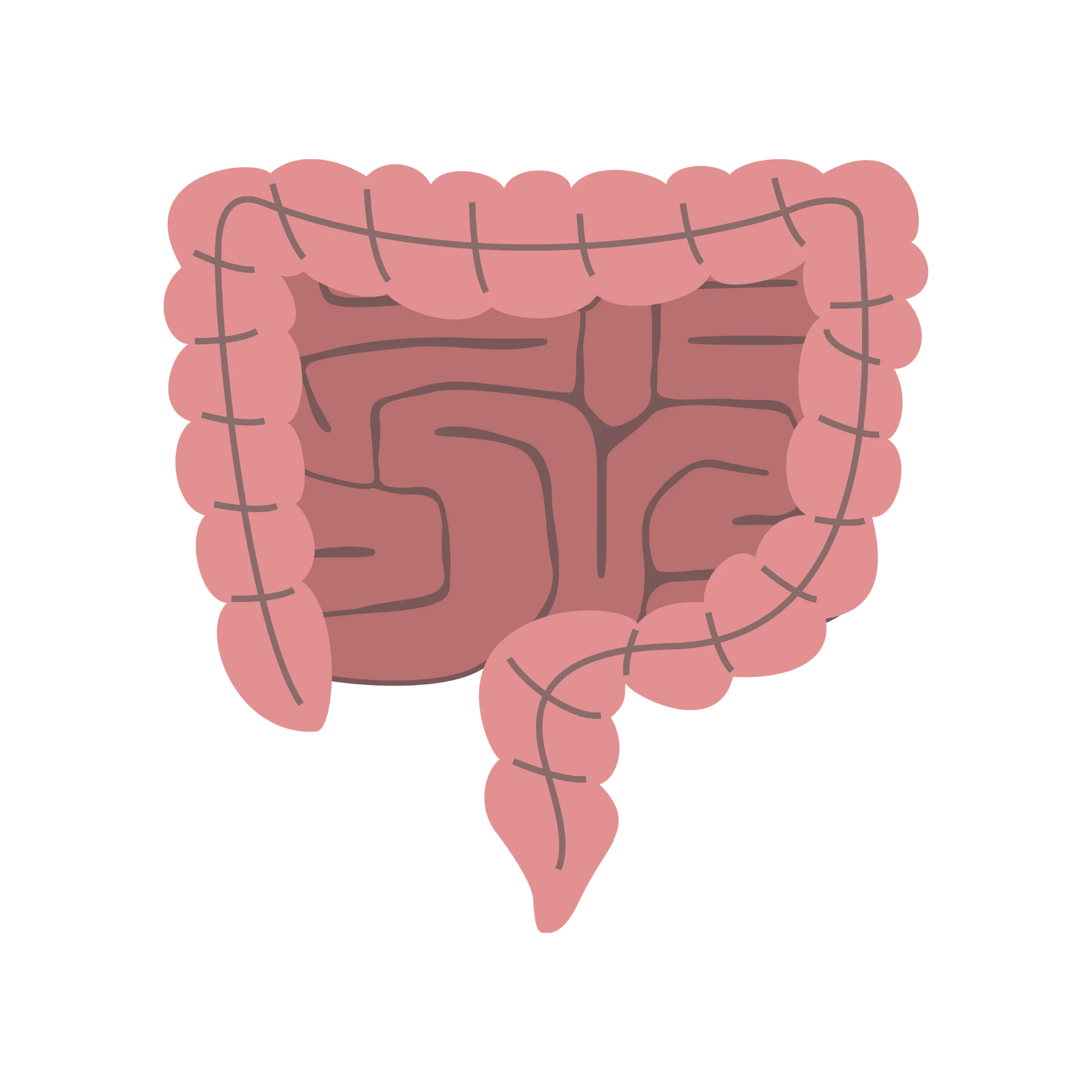
Small Intestine
Your small intestine, also referred to as the small bowel, extracts nutrients from your food. Small intestine cancer is often referred to as small bowel cancer.
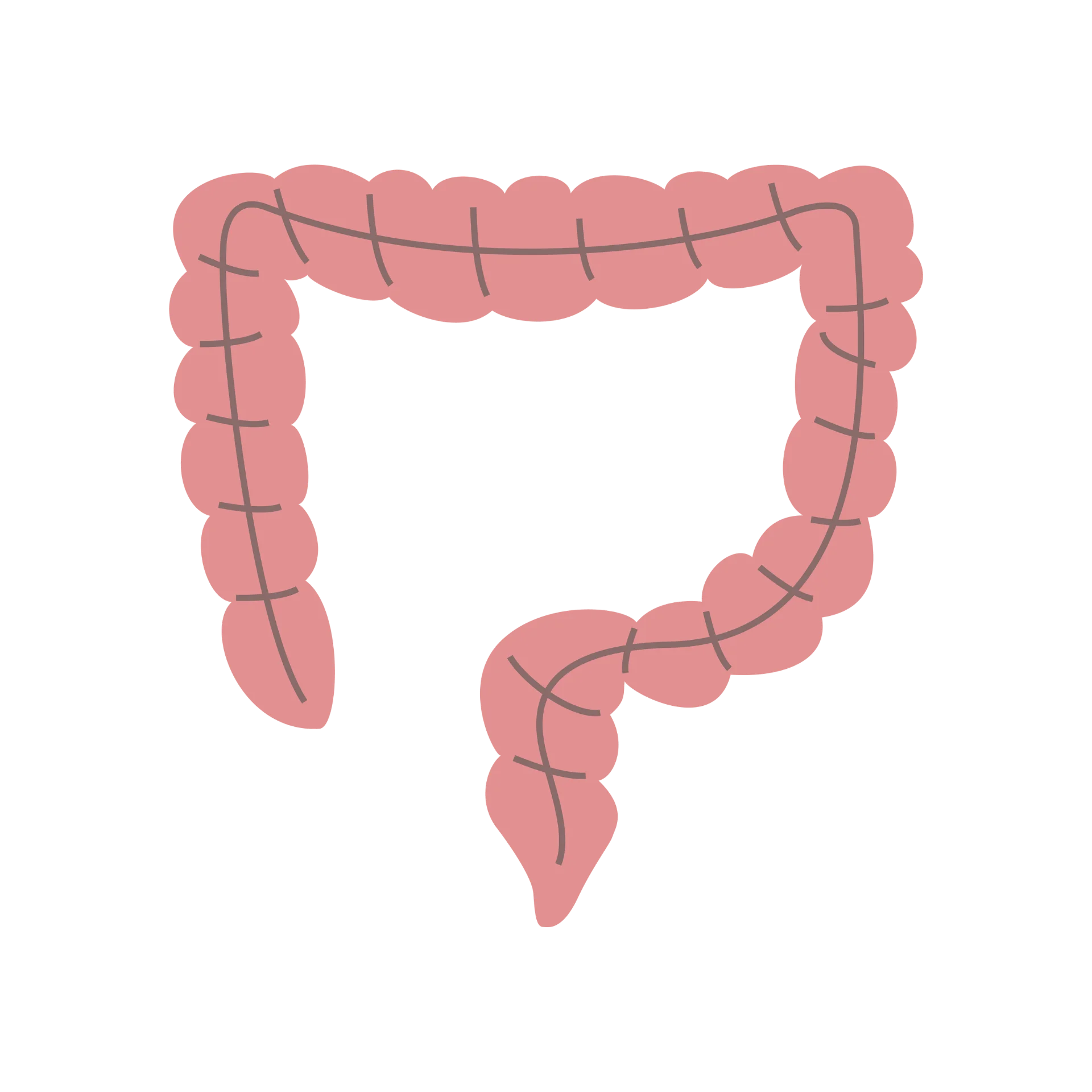
Large Intestine
Your large intestine, also known as your colon, extracts water from your food. Large intestine cancer, also known as colon cancer, develops in this section of your digestive tract.
Screening Procedures
Stomach and Small Intestine Screening Procedures

Blood Tests
During a blood test, a sample of your blood will be taken to determine the functionality of the organs in your body. This can help determine if there is a potential presence of cancer.
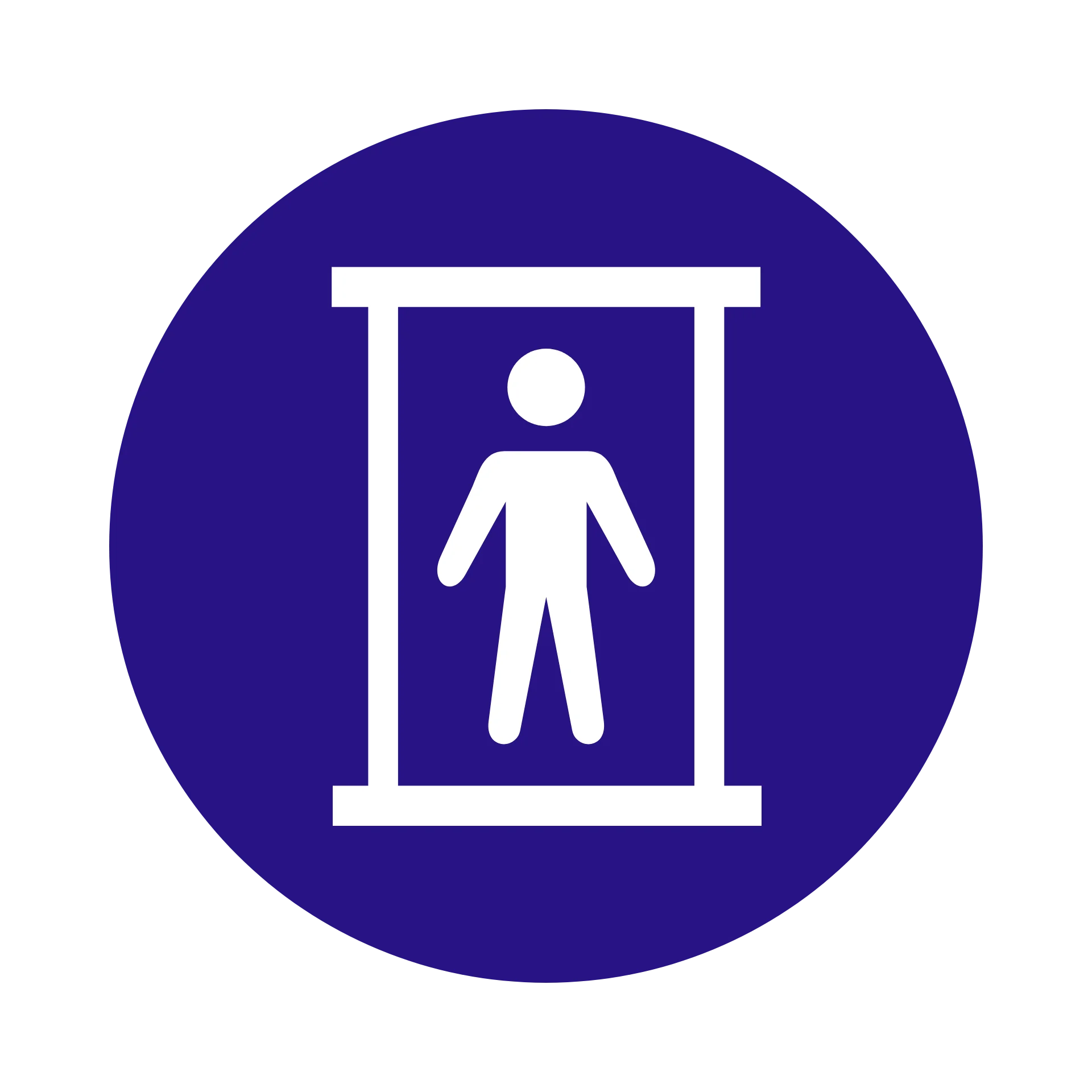
Imaging Tests
During an imaging test, your doctor searches for abnormalities that could point to the presence of cancer. These imaging tests may include a CT scan, PET scan, MRI, or X-ray swallow study.

Endoscopy
During an endoscopy, your doctor uses a small camera tube that enters through your mouth and goes down into your stomach to check for signs of cancer.
Large Intestine Screening Procedures

Stool Tests
There are various types of stool tests, but all include collecting either a sample or whole stool for testing. The stool is tested for various conditions such as blood in the stool or altered DNA.
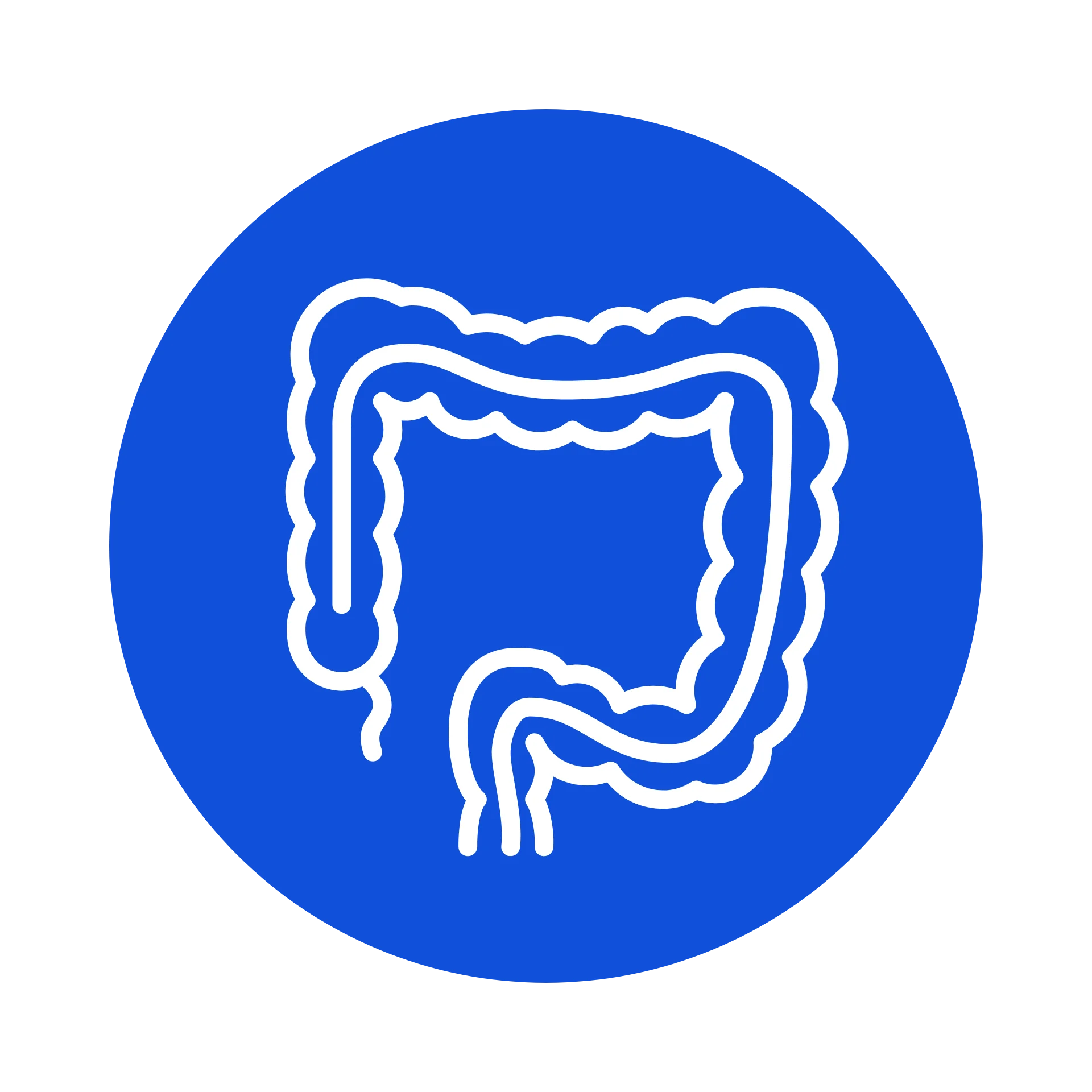
Colonoscopy
During a colonoscopy, your doctor inserts a small camera tube into your rectum to check your intestine for abnormalities. During this test, the doctor could also remove tissue.

